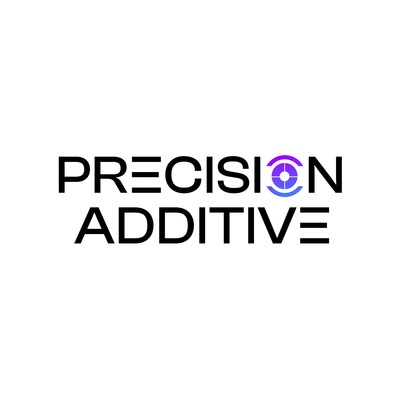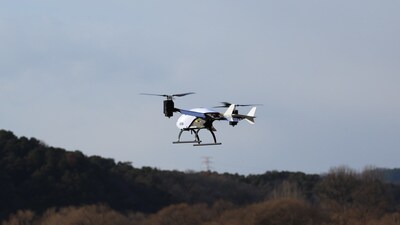Research to Mend Broken Bones, Test Implantable Devices, and Inspire Future Explorers on Next Mission to International Space Station
KENNEDY SPACE CENTER, Fla., Nov. 14, 2022 /PRNewswire/ — While millions of Americans plan for the upcoming holidays, a variety of critical research and supplies will head to the International Space Station (ISS) as part of SpaceX’s 26th Commercial Resupply Services mission (SpaceX CRS-26). The SpaceX Dragon spacecraft is scheduled for launch onboard a Falcon 9 rocket to the space station no earlier than November 21, 2022, from Launch Pad 39A at NASA’s Kennedy Space Center in Florida.
Among the investigations launching on this mission are several ISS National Laboratory-sponsored projects intending to bring value to our nation through space-based research and technology development, while enabling commerce in low Earth orbit.
Here is a quick look at some of these payloads:
- RevBio (formerly LaunchPad Medical), a clinical-stage medical device company, will further evaluate the company’s proprietary bone adhesive, Tetranite®, which can speed up new bone growth while reducing recovery time and discomfort in patients with a bone fracture. The company will test how well Tetranite® works to regenerate bone in microgravity.
- The Houston Methodist Research Institute will test an implantable drug delivery device that can be operated remotely to enable the controlled distribution of therapeutics inside the human body. If successful, the device could allow doctors to remotely control drug delivery in patients in remote areas of Earth, or even in astronauts during spaceflight.
- The University of Florida is launching its latest project in a series of tissue chip investigations funded by the National Institutes of Health. Tissue chips mimic human physiology, allowing researchers to evaluate the safety and efficacy of drugs for patients on Earth. This team seeks to develop a tissue chip system to culture and electrically stimulate human skeletal muscles from young and older adults. If effective, this project could lead to therapeutics to treat age-related muscle loss conditions on Earth.
- The Student Spaceflight Experiments Program, a yearly competition for middle and high school-aged students, will send more than 20 student-led investigations to station. Among them are a fleet of MixStix experiments in the areas of crystal growth, plant biology, physics, and microbial research. Additionally, payloads supported by the Girl Scouts of America and Space Kids Global will look at brine shrimp, ants, and plant growth in low Earth orbit.
To learn more about all ISS National Lab payloads on this mission, please visit the SpaceX CRS-26 mission overview page.
To download a high-resolution photo for this release, click here
The International Space Station (ISS) is a one-of-a-kind laboratory that enables research and technology development not possible on Earth. As a public service enterprise, the ISS National Lab allows researchers to leverage this multiuser facility to improve life on Earth, mature space-based business models, advance science literacy in the future workforce, and expand a sustainable and scalable market in low Earth orbit. Through this orbiting national laboratory, research resources on the ISS are available to support non-NASA science, technology and education initiatives from U.S. government agencies, academic institutions, and the private sector. The Center for the Advancement of Science in Space, Inc. (CASIS) manages the ISS National Lab, under Cooperative Agreement with NASA, facilitating access to its permanent microgravity research environment, a powerful vantage point in low Earth orbit, and the extreme and varied conditions of space. To learn more about the ISS National Lab, visit www.ISSNationalLab.org.
Media Contact: | Patrick O’Neill |
904-806-0035 | |
![]() View original content:https://www.prnewswire.com/news-releases/research-to-mend-broken-bones-test-implantable-devices-and-inspire-future-explorers-on-next-mission-to-international-space-station-301677453.html
View original content:https://www.prnewswire.com/news-releases/research-to-mend-broken-bones-test-implantable-devices-and-inspire-future-explorers-on-next-mission-to-international-space-station-301677453.html
SOURCE International Space Station National Lab



 Private Internet Access gives you unparalleled access to thousands
of next-gen servers in over 83 countries and each US state. Your
VPN experience will always be fast, smooth, and reliable.
Private Internet Access gives you unparalleled access to thousands
of next-gen servers in over 83 countries and each US state. Your
VPN experience will always be fast, smooth, and reliable.

